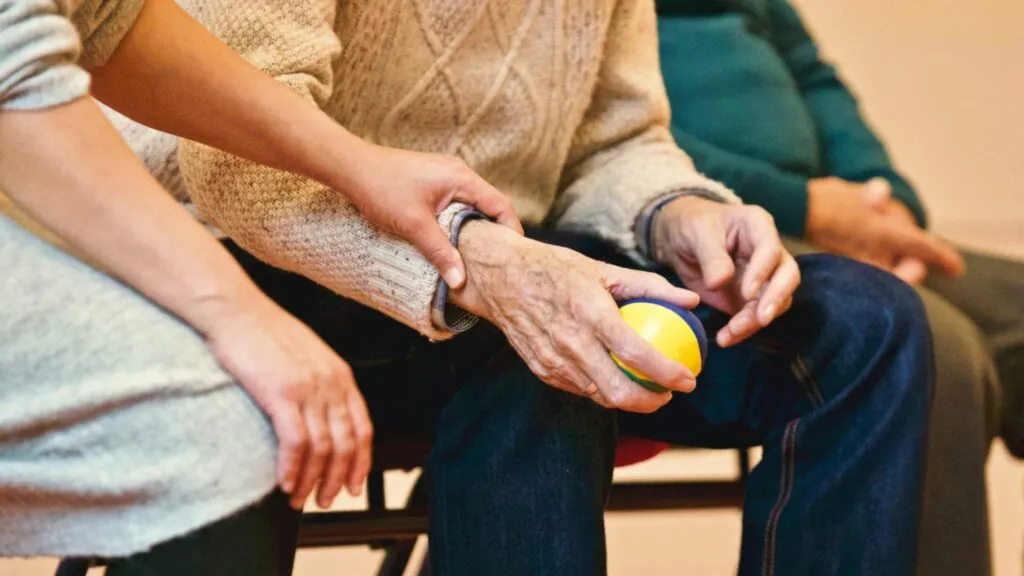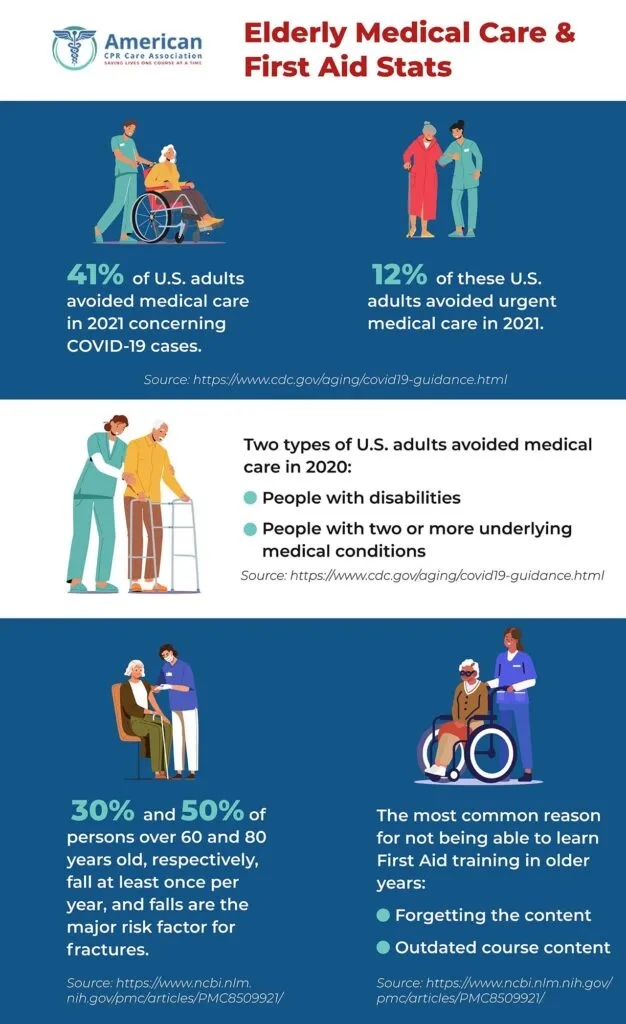
Last Updated On: mayo 30, 2024
As our parents age, we find ourselves taking on their caregiving duties. It is a natural progression when your elderly parents require support to stay safe and healthy, while caring for them might feel frightening. You never really know what difficulty they might face the next moment. They are fine one day, and the next, you’re probably rushing them to the ER. Let’s be honest elderly parents are prone to injuries and cardiac problems. Preparing yourself for emergencies will make you more aware and keep your parents safe. This article will discuss the steps for taking care of an elderly parent.
It is a fact that old age is an inevitable and problematic stage of life. After the age of 65, age related problems typically start to manifest. Nobody likes to see their parents suffer. But aging is irreversible. The best we can do is help and support them while they are braving this age and the changes it brings. Here are some common changes and problems that parents go through:
Physical changes occur as we age. Even if one does not immediately lose their eyesight, teeth, etc., they begin to weaken physically. As we age, the proportion of cardiac weight to body weight eventually declines. Heart disease, various minor illnesses, and chronic diseases are also common in the elderly. The other causes of physical decline are:
You can take the online training course in CPR and First Aid from the American CPR Care Association. They offer a comprehensive, simple to learn, and nationally accepted course training for adults, children, and infants. Our OSHA and AHA-trained professionals teach CPR classes which can benefit a community, school, workplace, and healthcare providers.
The prevalence of mental problems is strongly correlated with age. Senile dementia is linked to brain atrophy and degeneration, and psychosis with cerebral arteriosclerosis are the two main psychotic illnesses that affect older adults. You must want to know what happens to old parents in the US. You will be surprised to know that these two diseases make up around 80% of the psychotic disorders that affect older persons in civilized nations.
Elderly parents become dependent as their mental capacity declines. They no longer have faith in their judgments or abilities. They could feel as though their dignity and significance is diminished.

No parent wants to put a financial or emotional burden on their kids. Every generation encounters the same caregiving challenges as the parents turn old. The caregiver and the person or people receiving the care can effectively manage senior care expenditures by utilizing new technology and services that are already accessible. Following are the 7 helpful resources when caring for an elderly parent. Here is how you can lessen the financial strain or figure out how to get paid by the State for taking care of someone elderly at home.
It’s imperative to keep your elders away from harm’s way and save them from cardiac arrests and injuries from falls that occur more than often. Take the online CPR and First Aid course to help your loved ones in their time of need. The first step to keeping your equilibrium during a difficult time is acknowledging the enormous responsibilities that come along with caring for elderly parents. Research and advanced preparation may help you in making wiser judgments.